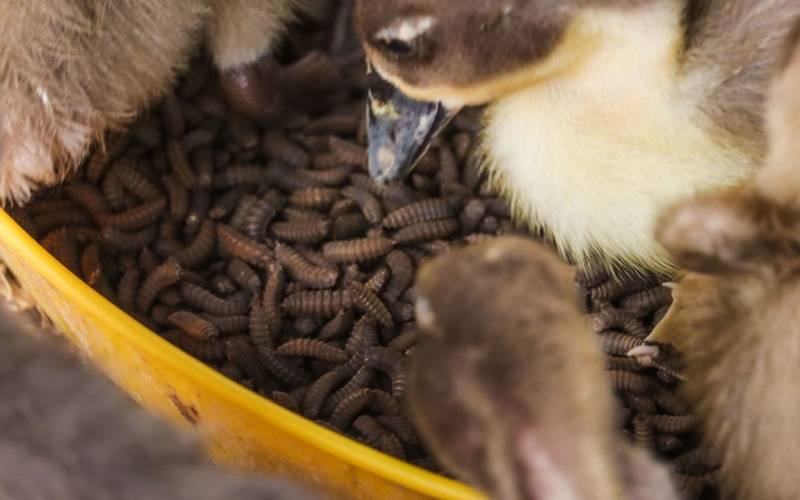×
The Standard e-Paper
Stay Informed, Even Offline
 There’s nothing beautiful or endearing about the Black Soldier Fly in its larval stage. To a random Kenyan, these brown worms would be nothing but a disgusting nuisance. But we are farmers. We see sustenance in dirt. We have a name for all of the beauty and life we bring forth. And if the Black Soldier Fly will lessen the burden of exploitative feed prices, we shall scoop it in our hands and tend to it, lovingly.
There’s nothing beautiful or endearing about the Black Soldier Fly in its larval stage. To a random Kenyan, these brown worms would be nothing but a disgusting nuisance. But we are farmers. We see sustenance in dirt. We have a name for all of the beauty and life we bring forth. And if the Black Soldier Fly will lessen the burden of exploitative feed prices, we shall scoop it in our hands and tend to it, lovingly.